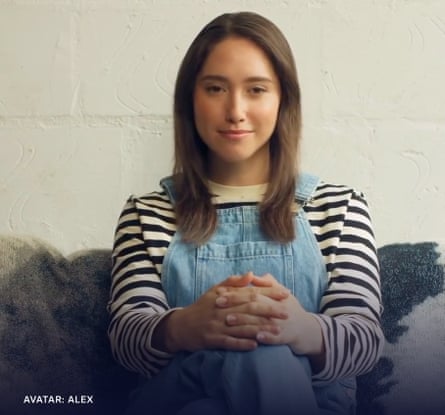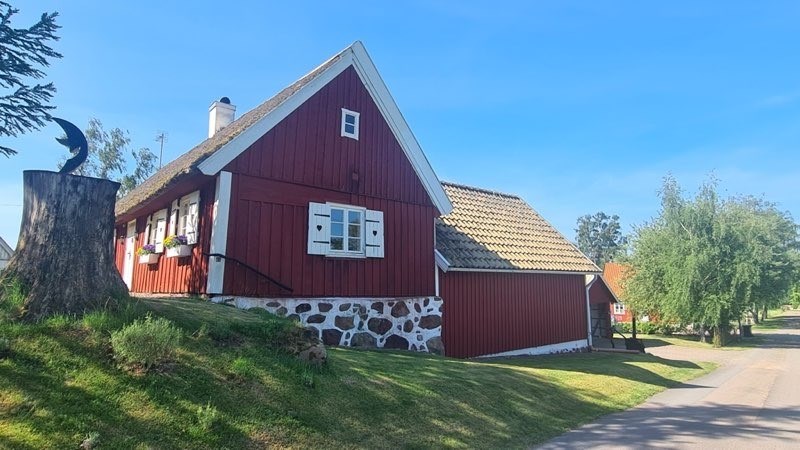Detta inlägg post publicerades ursprungligen på denna sida this site ;
A $2bn (£1.6bn) British startup that uses artificial intelligence to generate realistic avatars has struck a licensing deal with the stock footage firm Shutterstock to help develop its technology.
Synthesia will pay the US-based Shutterstock an undisclosed sum to use its library of corporate video footage to train its latest AI model. It expects that incorporating the clips into its model will produce even more realistic expressions, vocal tones and body language from the avatars.

“Thanks to this partnership with Shutterstock, we hope to try out new approaches that will … increase the realism and expressiveness of our AI generated avatars, bringing them closer to human-like performances,” said Synthesia.
The deal has been announced against a backdrop of tension between AI firms and the creative industries over use of copyright-protected material to train models without seeking permission from the content’s owner first.
The UK government is proposing to relax copyright law in order to allow tech companies to use that content without the owner’s consent – unless they declare an opt-out that blocks the AI firm from doing so – in a move that has drawn the ire of creative professionals.
Synthesia uses human actors to generate digital avatars of people, which are then deployed by companies in corporate videos in a range of scenarios such as advising on cybersecurity, calculating water bills and how to communicate better at work. Its UK clients include Lloyds Bank and British Gas. It is also used by non-corporate bodies including the NHS, the European Commission and the United Nations.
Last month Synthesia announced it was offering company stock to the actors it uses for its most popular avatars, in a move it said recognised the actors’ roles as the faces of the company. Synthesia licences actors’ likenesses for three years, having paid the performers in cash for up to six hours’ work for the shoot to create their avatar.
after newsletter promotion

Synthesia, which does not permit use of its stock avatars for political or news purposes, will not be using the people in the Shutterstock footage as avatars. Instead, it will use the footage to help its model better understand body language and workplace interactions and environments, such as modelling how people talk when they are sitting behind a desk or in front of a whiteboard.
London-based Synthesia, founded in 2017 by two Danish entrepreneurs and two academics, secured a valuation of $2.1bn this year in a funding round that raised $180m.
Beeban Kidron, a cross-bench peer and prominent critic of the government’s copyright plans, said the deal to licence Shutterstock’s content was proof that the government’s position on copyright was “wrong”.
“I hope this announcement helps the UK government come to a more sophisticated understanding about where the UK’s interests lie,” she said.
The government has said the copyright regime for copyright and AI is holding back the creative industries, media and tech sector from realising their full potential and “cannot continue”.
The Guardian Tech RSS
https://www.theguardian.com/technology/2025/apr/10/ai-avatar-generator-synthesia-video-footage-shutterstock

